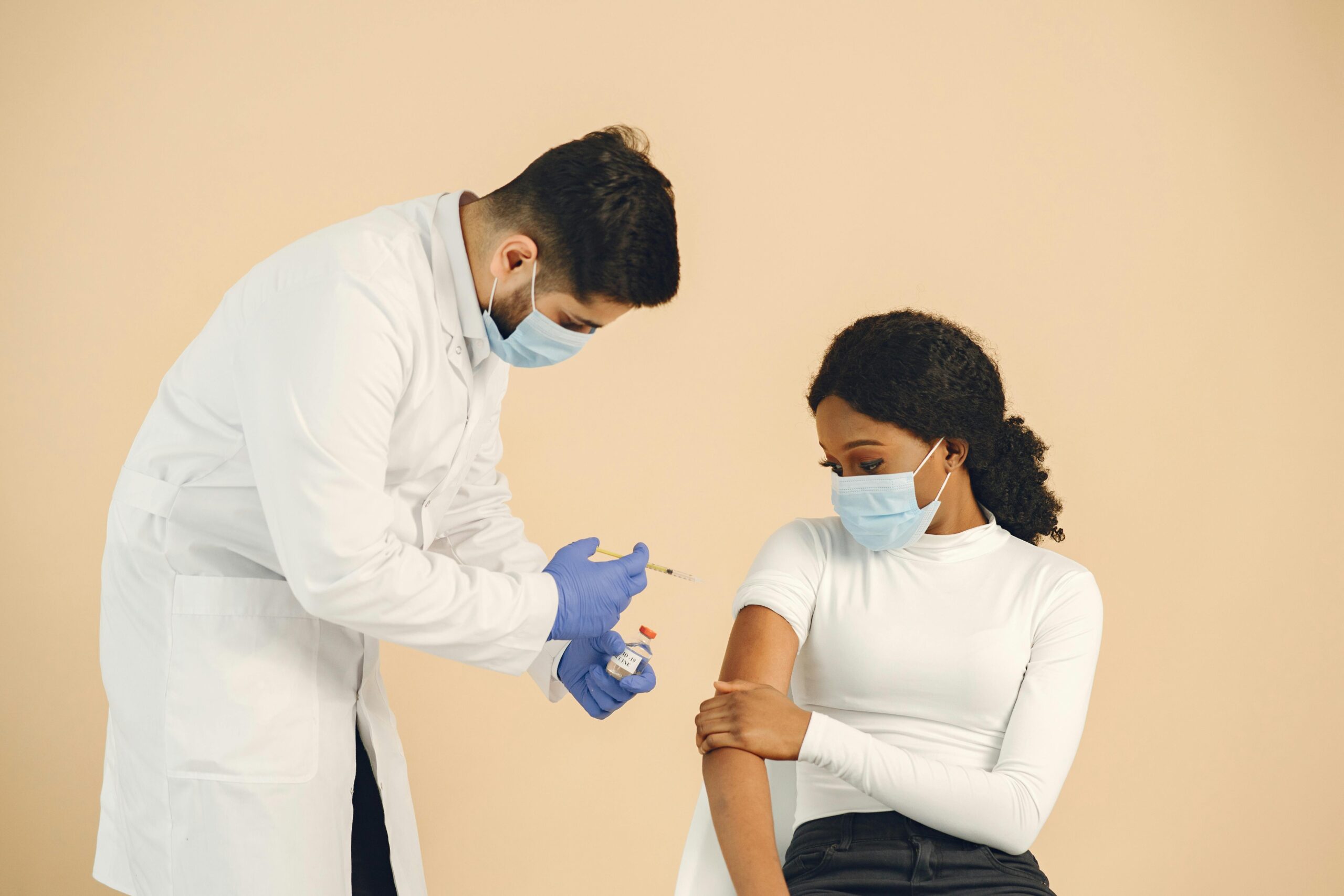
Women are five to eight times more likely than men to develop thyroid disease, according to statistics, and one in every eight women will develop a thyroid disorder during their lifetime.
It is not scientifically known why women are so vulnerable to thyroid disease, though it is suspected that the development of thyroid disease is linked to autoimmunity which is more commonly found in women than men. Thyroid problems, which are often hereditary, can affect women of any age but are particularly prevalent in women who recently gave birth or are undergoing menopause. Women age 60 and older are at a higher risk for thyroid gland problems.
The thyroid is a vital organ. Given that one in every eight women may have difficulties with it at some point in their lives, they must be informed about the thyroid’s functions, potential complications, and available treatments. In this post, we’ve put together some basic facts about the most common types of thyroid disease in women.
What Is the Function of the Thyroid?
The thyroid gland is in the front of the lower neck. Triiodothyronine (T3), thyroxine (T4), and calcitonin are hormones produced by the thyroid. These hormones impact various bodily functions, from metabolism to menstruation, to reproduction and postnatal recovery. Thyroid disorders are more common in women just after giving birth or entering menopause. Women with a history of thyroid issues, anemia, goiter, type 1 diabetes, and treatment or surgery that negatively impacted their thyroid are at an increased risk of developing new thyroid issues.
Common Thyroid Issues in Women
Hypothyroidism
Insufficient thyroid hormone production leads to hypothyroidism. Hypothyroidism is most often caused by Hashimoto’s disease, but it can also be caused by removing the thyroid, getting radiation therapy, or taking medicine to treat hyperthyroidism. Hypothyroidism emerges in various ways, some of which include: muscular weakness, heavy menstruation, weight gain, slow heart rate, hair loss, pale and dry skin, and muscle and joint discomfort. As the absence of thyroid hormones may disrupt ovulation, hypothyroidism can increase the difficulty of conceiving. Nevertheless, a naturopath for thyroid may help patients with hypothyroidism.
Hyperthyroidism
Excessive thyroid hormone production leads to hyperthyroidism. In most cases, an autoimmune condition called Graves’ disorder is to blame. The same as hypothyroidism, it may cause a wide range of symptoms, including puffiness, weight gain or loss, trembling fingers and hands, an erratic heartbeat, less frequent or shorter periods, irritation, or eye swelling. Hyperthyroidism increases the risk of osteoporosis, a condition that mostly strikes women. Antithyroid drugs, beta-blockers, surgery, and radioiodine are all viable options for treatment.
Thyroiditis
The inflammatory response of the thyroid gland is known as thyroiditis. Autoimmune diseases, viral or bacterial infections, and hereditary vulnerabilities are the most prevalent triggers of thyroiditis. Hashimoto’s disease and postpartum thyroiditis are the most frequent causes of thyroiditis. Nearly 10% of all pregnant women will have thyroiditis. If you have an autoimmune disorder, a family history of thyroid problems, or persistent viral hepatitis, you may be at a higher risk of getting thyroiditis. Depending on how bad your thyroiditis symptoms are and what stage they are in, your doctor may give you certain drugs or therapies or just watch your thyroid until it gets better on its own.
Goiter
Once the thyroid gland starts swelling out of proportion, it is called a goiter. A bulge or enlargement in the neck is possible. Those with really large goiters can have breathing difficulties, as well as difficulty eating and coughing. Goiter is more common in females, particularly those who have gone through menopause. Causes of goiters include Graves’ disease, Hashimoto’s disease, thyroid nodules, thyroiditis, insufficient dietary iodine, and hypothyroidism. A goiter’s source and the need for therapy can be determined using medical testing. Your doctor might recommend it without treating your goiter if it isn’t causing any problems with your thyroid or overall quality of life.
Thyroid Nodules
When there is an enlargement in either thyroid gland, it is called a thyroid nodule. The presence of a nodule can be detectable to the naked eye or by direct tactile experience. It’s possible that some nodules won’t grow or create any additional symptoms. They sometimes cause hypothyroidism by making excessive thyroid hormone, and sometimes, they make it hard to breathe. Thyroid nodules can be a sign of thyroid cancer, but most of the time they don’t seem dangerous.
Thyroid Cancer
The development of malignant cells in the thyroid glands is the root cause of thyroid cancer. Most women with thyroid cancer have no symptoms besides enlargement or a lump in the thyroid. The risk of thyroid cancer increases with a family or personal history of the illness, goiter, or radiation exposure that could have harmed the thyroid. Following surgery, radioiodine is sometimes used to eliminate any remaining thyroid cells.
Call your doctor right away if you’re concerned about your thyroid, whether because of your family history or because you wish to take preventative measures during menopause.

















